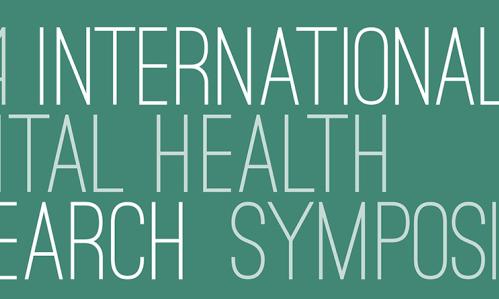Frequently Asked Questions about Eating Disorders
Frequently Asked Questions about Eating Disorders
There are several eating disorders: anorexia nervosa, bulimia nervosa, binge-eating disorder, avoidant-restrictive food intake disorder, and other unspecified eating disorders, such as purging disorder. They differ based on the types of problems with eating and the factors thought to motivate those behaviors. Eating too little is often present in all of these illnesses but dominates anorexia nervosa and avoidant-restrictive food intake disorder; in binge-eating disorder and bulimia, there may be problems with eating too much and too quickly but then too little most of the time. Problems with eating uncontrollably and compulsively called a binge, are a part of both bulimia nervosa and binge-eating disorder. Problems with purging behaviors, such as vomiting or laxatives, can be part of all of the illnesses but is required for bulimia nervosa and purging disorder. Motivations surrounding the initiation of eating disorder behaviors vary a lot and may even change in the course of the disorders. For example, anorexia nervosa and bulimia nervosa tend to have a stronger relationship between one’s own physical appearance and self-worth but fear of eating may motivate food restriction in avoidant-restrictive food intake disorder.
Warning signs are similar to other mental illnesses, and depression and anxiety symptoms are commonly comorbid diagnoses. There is often withdrawal from social activities, a loss of interest in previous activities/friends/family, and preoccupations with food or exercise. People with eating disorders often avoid eating around others but may like to make food for others. Weight loss suggests significant food restriction, and weight loss in the context of eating a lot, can suggest purging behaviors. There are some simple screening questionnaires, including the 5-question SCOFF and the 11-question eating attitudes test.
Donate Now
Donations are welcome














